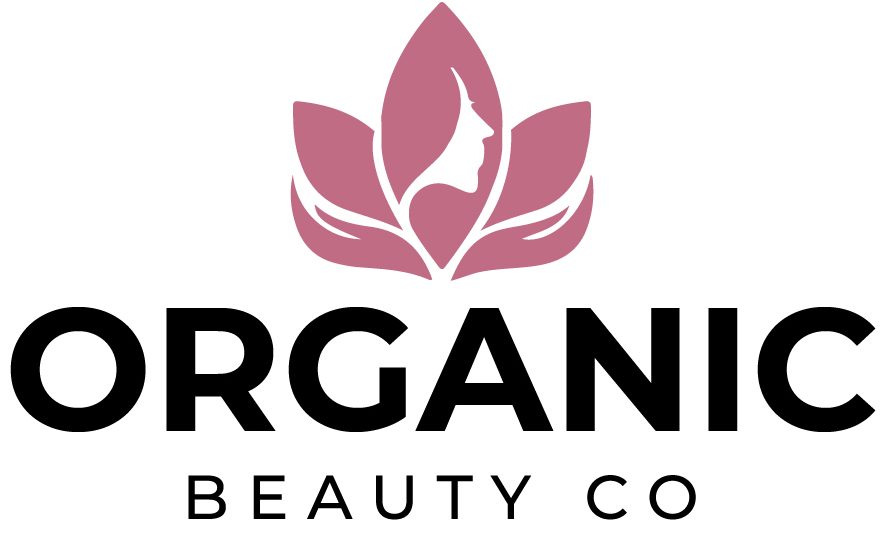The buzzword ‘barrier repair’ has become a staple in the skincare world. But unlike many other trends, this one is worth believing. Your skin barrier is responsible for many things. It’s why your skin looks radiant but also dull and dry. Sometimes, we damage our skin barrier unknowingly. Let’s get into the details…
What is your skin barrier?
The outermost layer of our skin is called the skin barrier. It performs two important jobs: one is to seal in good things (think of healthy natural oils, moisture, and hydration), and the other is to keep out bad stuff (like environmental irritants, for instance). Your skin barrier will do just that when it is at its best. You’ll notice your skin feeling hydrated, plump, and soft. A damaged skin barrier is another matter. You may see dull, flaky, or dry skin.
What causes a damaged skin barrier?
When lipids, the natural fats that protect our skin, are damaged, it damages our skin barrier. Many factors can cause this. Genetics, aging, and environmental factors are the first things that come to mind. These factors are largely beyond our control. The second factor is our sleeping and skincare regimens. Here are some things to look out for to ensure that your skin barrier is at its best.
Avoid water that is too hot or too cold. Use lukewarm if you are applying water to the skin. It may not be able to remove dirt and grime if the water is too hard. You could damage the natural oils in your skin if it is too hot.
Over exfoliating. Listen up if you love the exfoliator. Exfoliating properly can be beneficial for your skin. However, it is easy to overdo it. Exfoliate your skin only 2-3 times per week and stop if it becomes dry, flaky, or red.
Applying too many active components at once. Although AHA, Retinol, and Acne Creams are highly effective, they can overdo the effect by using too many ingredients. Active skincare ingredients are usually very concentrated. Try reducing the frequency of application, alternating or spreading them throughout the week if they are irritating you. If you’re still unsure, schedule an appointment with your dermatologist.
Sun damage. We may seem to be constantly promoting sunscreen (promise!), but we do so for good reason. It is the best and most effective protection against UV rays that can damage your skin.
Your sleeping schedule. You’ve probably woken up with puffy skin after a sleepless night. Nothing strengthens the skin barrier like a good night’s rest.
Signs of Damaged Skin Barrier
You may be wondering if a damaged barrier is the cause of your lackluster skin. Here are the most common symptoms of a compromised barrier.
Redness
Rosacea
Dry skin with scaly patches
Discolored patches
Tightness and irritation
Areas that are sensitive or inflamed
Infections bacterial, viral, or fungal
Eczema

